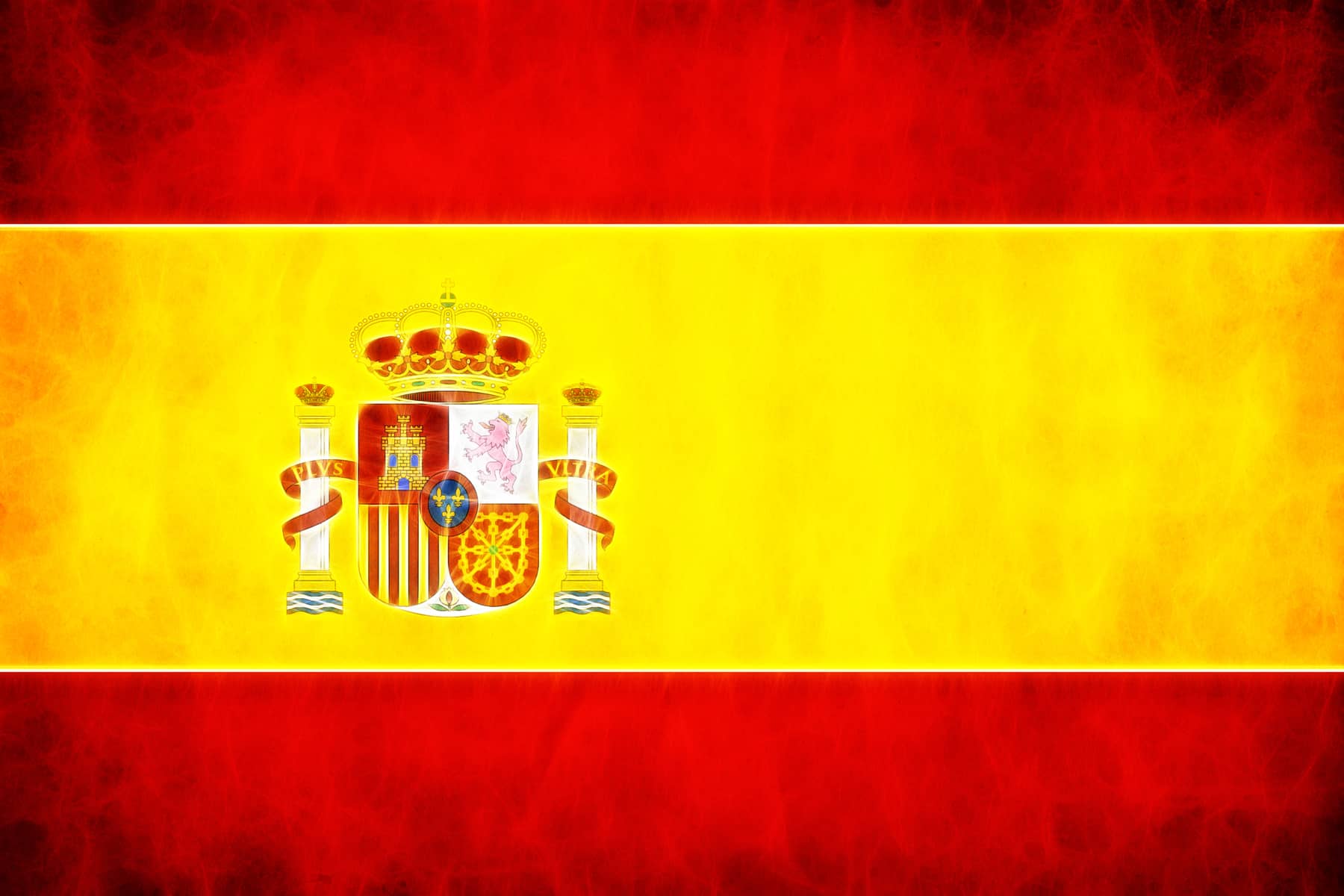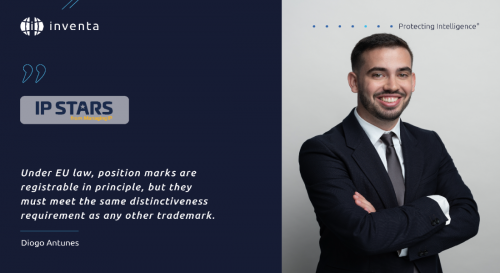
SPAIN: Supreme Court interprets the extension of registered trademark rights with reference to the use of a corporate name
In a decision dated July 6, 2015, the Spanish Supreme Court, confirmed a judgment by Burgos Court of Appeal, which declared that the use of the corporate name “AUTORAM”, by the defendant, infringed the trademark and two trade names “AUTORAMA”, owned by the plaintiff, for services in Class 35.
For the Supreme Court it was clear that the similarity between "AUTORAM" and "AUTORAMA" could give the impression to the consumers that the services have the same commercial origin or that at least, there is a link between the companies.
The question at issue regarded the use of the corporate name. For the Court of Appeal, the corporate name had been used by the defendant with commercial purposes.
The arguments presented by the defendant were: 1) the corporate name was not used as a trademark or as a trade name and 2) the corporate name was merely used with the purpose of identifying the legal entity.
The Supreme Court addressed the question of the extension of the rights conferred by a trademark registration interpreting Article 34.2 STA Spanish Trademark Act 17/2001 (STA), which implemented Article 5.1 of Council Directive 89/104/EEC of December 21, 1988, of Trademarks (Directive), and which provides the owner of a trademark the right to prohibit its use in the course of trade by others, without consent. The question was whether the use of the corporate name could be considered use within the meaning of Article 5.1. The Supreme Court also assessed the extension of the rights conferred by a trademark registration interpreting the limits established on Article 37.a STA.
In interpreting art Article 34.2 STA and verifying if the use of the corporate name could be taken as trademark use, within the meaning of Article 5.1 of the Directive, the Supreme Court mentioned case C–17/2006, Céline SARL v. Céline SA, of 2007, by CJEU, were one can read that a corporate name is used to distinguish products and services "where a third party affixes the sign constituting his company name […] to the goods which he markets" but also when it is used "in such a way that a link is established between the sign which constitutes the company name of the third party and the goods marketed or the services provided by the third party".
When analyzing the extension of the trademark right by reference to the limits provided for in Article 37.a STA. the Court referred to case C–245/2002, Anheuser-Busch Inc. v. Budějovický Budvar, národní podnik, by CJEU, and ruled that the use of the “name” does also refer to the name of a legal entity.
Therefore, for the Supreme Court, the mere ownership of a corporate name and if it is only use to identify the company in the course of trade it does not justify infringement of a trademark which is similar or identical to it. The trademark infringement only occurs if the corporate name is used with commercial purposes.
Since in this case was considered that the corporate name had been used by the defendant with commercial purposes the Supreme Court confirmed the infringement.
Lista de Territórios
Não existem resultados para a sua pesquisa.
- África
- África do Sul
- Angola
- Argélia
- Benin
- Botsuana
- Burkina Faso
- Burundi
- Cabo Verde
- Camarões
- Chade
- Comores
- Costa do Marfim
- Djibuti
- Egito
- Eritreia
- Eswatini (Suazilândia)
- Etiópia
- Gabão
- Gâmbia
- Gana
- Guiné
- Guiné-Bissau
- Guiné-Equatorial
- Lesoto
- Libéria
- Libia
- Madagáscar
- Maiote
- Malaui
- Máli
- Marrocos
- Maurícias
- Mauritânia
- Moçambique
- Namíbia
- Níger
- Nigéria
- Quénia
- República Centro-Africana
- República Democrática do Congo
- República do Congo
- Reunião
- Ruanda
- Saara Ocidental
- São Tomé e Principe
- Seicheles
- Senegal
- Serra Leoa
- Somália
- Sudão
- Sudão do Sul
- Tanzânia
- Togo
- Tunísia
- Uganda
- Zâmbia
- Zanzibar
- Zimbábue
- África (OAPI)
- África (ARIPO)
- Mais Territórios
- Macau
- Maldivas
- Portugal
- Timor Leste
- Marca da União Europeia (EUIPO)
- Marca Internacional (Sistema de Madrid)
- Patente Europeia (IEP)
- Tratado de Cooperação em matéria de Patentes (PCT)




